The purpose of this project is to convey the basic vocabulary and concepts of plant biology in the most simple terms. The foundational concepts are that plants grow in dirt and that fruits and vegetables come from plants. Preoperational learners will not be able to conceptualize the seed-to-plant-to-harvest life cycle of a garden plant. They must learn more foundational skills before they can conceptualize such things, such as “What is soil?” and “What is a plant?” The basic vocabulary to instruct here is:
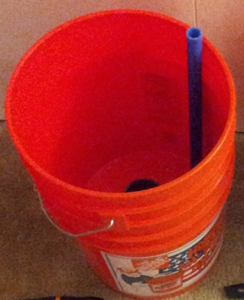
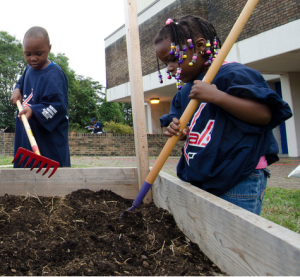
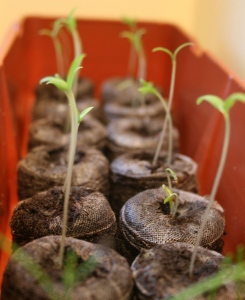
These are the basic materials of a container garden. Teaching the vocabulary for these materials is good by itself, but it’s meant to actually lay the foundation for a larger concept that plays out of time. The story continues with:
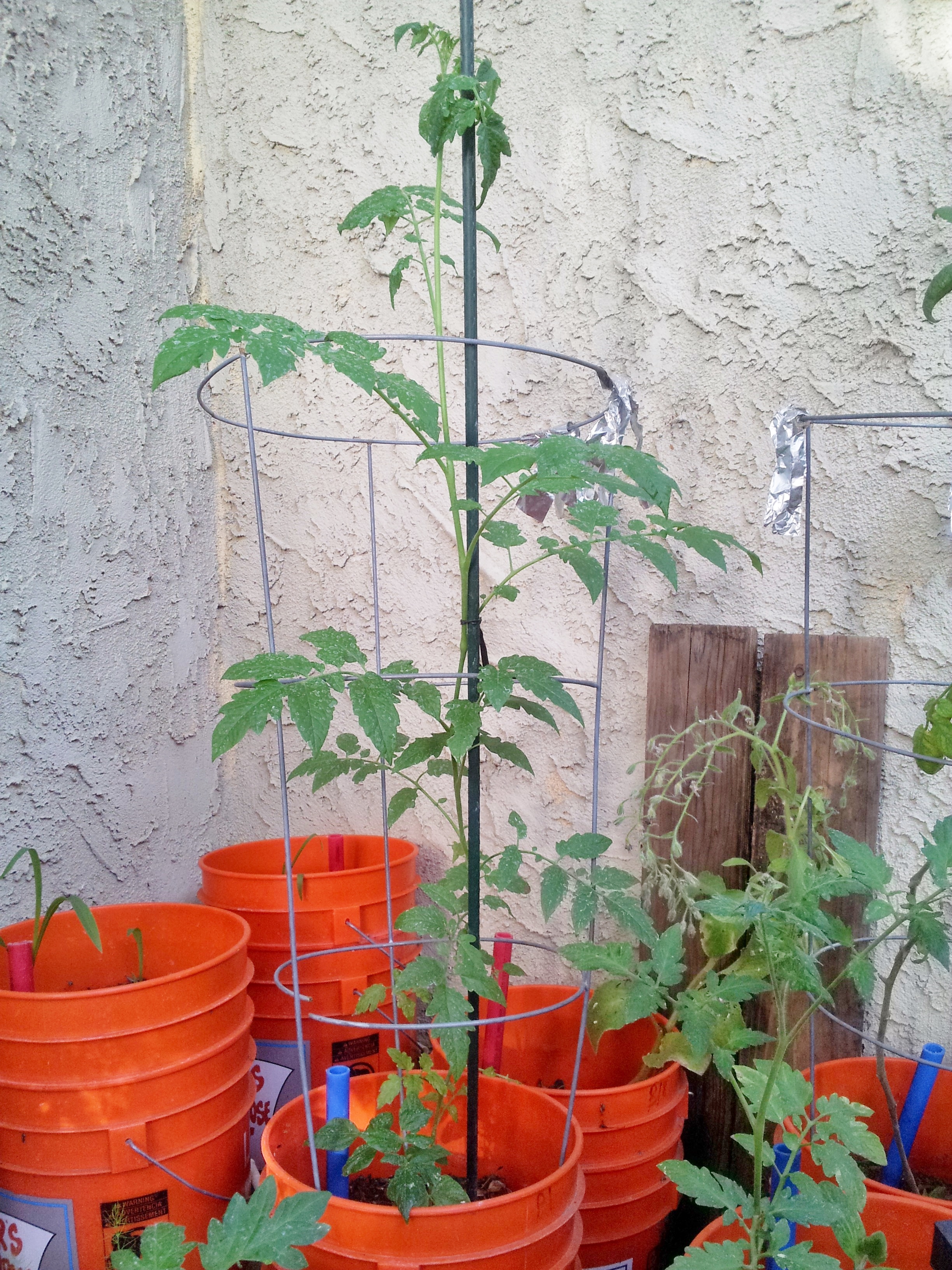
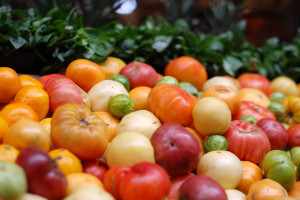
How to approach teaching vocabulary to a preoperational learner about a concept that plays out over the better part of the year is tricky. Remember how much your learner will grow and evolve over that same period of time. You should be able to anticipate an increase in his/her sophistication and ability to master more complex concepts by the time your self-watering container garden comes to harvest, particularly if you continue to use it as an on-going learning experience and give the seed-to-harvest cycle a chance to play itself out before your learner’s eyes.
To start, however, you need to put everything on the table at once. Teach the vocabulary by showing your learner real containers, real soil, real plants, and real food. If you can show your learner the same kinds of foods that the plants will eventually produce and explain that the plants make the food using clear, simple language like, “This is a tomato. Tomatoes come from tomato plants. This is a tomato plant. It will make more tomatoes,” you will go a long way towards laying the foundation for your learner’s eventual comprehension of these concepts.
The ongoing gardening experience will allow you to reinforce that learning by pointing out things like, “Oh look! Your tomato plant has flowers on it! They can turn into tomatoes!” and “Oh look! The flowers on your tomato plants are turning into tomatoes!” and then “Oh look! Your tomatoes are ripe and ready to eat. Let’s pick them!”
As your learner progresses towards concrete operations, he/she will begin to make reliable predictions about how the world works with respect to things that can be concretely demonstrated to them. By teaching these early concepts during their preoperational phases, you usher in the next developmental milestone with a structured, logical framework upon which more sophisticated learning can then be added as your learner matures and grows.
